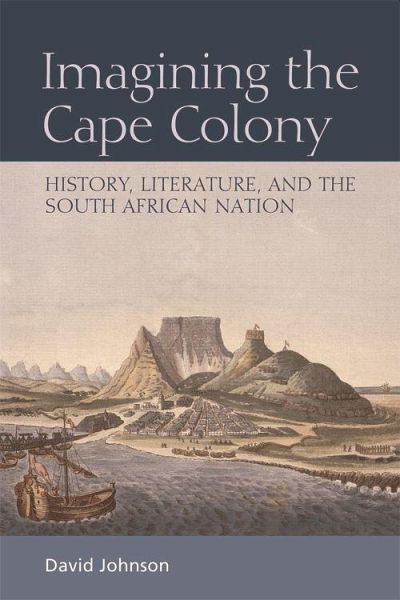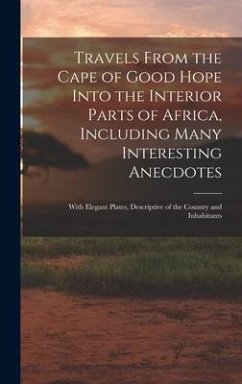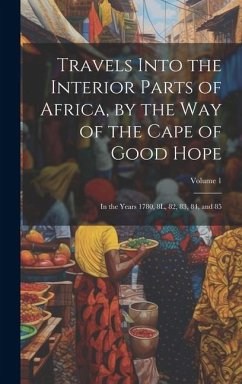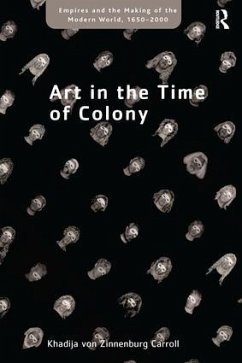Nicht lieferbar

Imagining the Cape Colony
History, Literature, and the South African Nation
'The excitement of reading this book is in its delivering more than the title indicates. Grounded in meticulous historical research, Johnson's work engages with contemporary debates about the nation, offering the innovative argument that colonial forms of nationhood and nationalism, resisted/subverted/even ignored normative concepts developed in the northern hemisphere.' Benita Parry, Emerita Professor, University of Warwick 'This is an outstandingly insightful and innovative study. David Johnson singlehandedly opens up new research terrains by challenging current orthodoxies about literary an...
'The excitement of reading this book is in its delivering more than the title indicates. Grounded in meticulous historical research, Johnson's work engages with contemporary debates about the nation, offering the innovative argument that colonial forms of nationhood and nationalism, resisted/subverted/even ignored normative concepts developed in the northern hemisphere.' Benita Parry, Emerita Professor, University of Warwick 'This is an outstandingly insightful and innovative study. David Johnson singlehandedly opens up new research terrains by challenging current orthodoxies about literary and historical representation and he brings the early Cape Colony into the centre of contemporary debates about identity, power and the pervasive presence of inequality in post-apartheid South Africa.' Nigel Worden, King George V Professor of History, University of Cape Town Relates the literatures and histories of the Cape to postcolonial debates about nationalism How the Cape Colony was imagined as a political community is examined by considering a variety of writers, from major European literati and intellectuals (Camões, Southey, Rousseau, Adam Smith), to well-known travel writers like François Levaillant and Lady Anne Barnard, to figures on the margins of colonial histories, like settler rebels, slaves and early African nationalists. Complementing the analyses of these primary texts are discussions of the many subsequent literary works and histories of the Cape Colony. These diverse writings are discussed first in relation to current debates in postcolonial studies about settler nationalism, anti-colonial resistance, and the imprint of eighteenth-century colonial histories on contemporary neo-colonial politics. Secondly, the project of imagining the post-apartheid South African nation functions as a critical lens for reading the eighteenth-century history of the Cape Colony, with the extensive commentaries on literature and history associated with the Thabo Mbeki presidencies given particular attention. David Johnson is senior lecturer in English at The Open University. He is the author of Shakespeare and South Africa (1996), principal author of Jurisprudence: A South African Perspective (2001), and co-editor of A Historical Companion to Postcolonial Literatures in English (2005). He is series editor with Ania Loomba of the Edinburgh University Press series Postcolonial Literary Studies. Cover image: Cape Town, Bertuch, 1816 © akg-images. Cover design: Michael Chatfield [EUP logo] www.euppublishing.com













